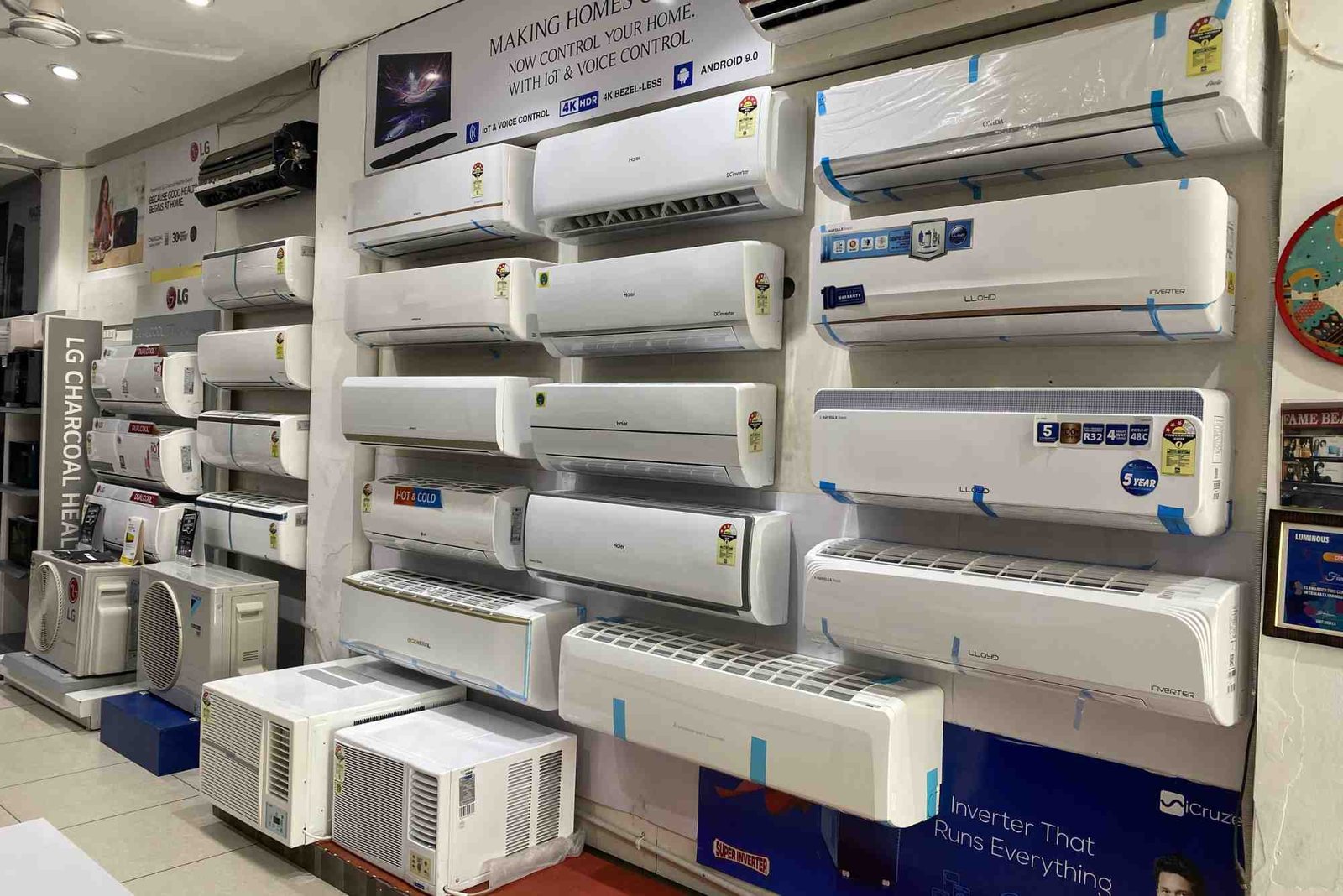The demand for skilled Live Sound Engineering professionals has never been higher. With India’s entertainment industry growing at a rapid pace—spanning concerts, music festivals, corporate events, broadcast productions, and theater—the role of a sound engineer is more important than ever. For aspiring professionals, training in this field is no longer optional; it’s the foundation of a rewarding and sustainable career.
This article explores the world of live sound, from the skills you need to the best courses available, with a special focus on opportunities for students pursuing Live Sound Engineering in Delhi, India. We’ll also look at global standards, career paths, and why now is the perfect time to step into this exciting profession.
What Is Live Sound Engineering?
Live sound engineering is both an art and a science. A live sound engineer is the person responsible for ensuring every lyric, note, and sound effect reaches the audience clearly and powerfully. Unlike studio sound engineers who work in controlled environments, live sound engineers must adapt to dynamic conditions—different venues, unpredictable acoustics, live crowds, and real-time challenges.
Key responsibilities include:
-
Designing and setting up sound systems.
-
Managing microphones, amplifiers, and mixing consoles.
-
Running sound checks before performances.
-
Balancing vocals and instruments during live shows.
-
Troubleshooting issues in real time.
It’s a role that requires both technical expertise and creative intuition.
Why Choose Live Sound Engineering as a Career?
-
Booming Entertainment Industry: India’s music and events industry is valued at billions of rupees and continues to grow with festivals like Sunburn, NH7 Weekender, and countless regional concerts.
-
Global Opportunities: Live sound engineers can work internationally, as live events are universal.
-
Creative & Technical Balance: The profession offers a perfect mix of creativity and science.
-
Freelance & Full-Time Options: Engineers can choose between stable employment or flexible freelance gigs.
-
High Demand in Metro Cities: Cities like Delhi, Mumbai, and Bangalore host hundreds of live events yearly, creating steady demand for skilled professionals.
For those exploring Live Sound Engineering in Delhi, India, the opportunities are especially strong because the capital is a hub for concerts, corporate events, and media productions.
Essential Skills for Live Sound Engineers
To succeed in this field, students must master both technical knowledge and soft skills.
Technical Skills
-
Acoustics & Sound Theory – Understanding how sound behaves in different spaces.
-
Mixing & Equalization – Balancing frequencies to create clear sound.
-
Microphone Techniques – Choosing the right mic for vocals, instruments, or ambient sound.
-
Signal Flow & Patching – Knowing how audio travels from source to speakers.
-
RF Management – Handling wireless microphones and interference.
-
Digital Consoles – Proficiency with Avid, DiGiCo, Yamaha, and Midas mixers.
Soft Skills
-
Problem-Solving: Live shows mean unexpected challenges—quick thinking is crucial.
-
Communication: Collaborating with performers, event managers, and technicians.
-
Focus Under Pressure: Handling stressful situations with calm precision.
-
Creativity: Using sound to enhance the audience’s emotional experience.
Global Leaders in Live Sound Training
Across the world, several institutes have built a reputation for setting industry standards:
-
SAE Institute (Global): With campuses worldwide, SAE is known for hands-on training and professional certifications.
-
Berklee College of Music (Boston, USA): Offers specialized live sound programs integrated with performance studies.
-
Abbey Road Institute (London, UK): Famous for advanced training under professionals who have worked with legendary artists.
-
Point Blank Music School (London & LA): Provides modern courses in live sound, DJing, and music production.
-
Full Sail University (Florida, USA): Offers degree programs in show production and live sound.
While these international academies are excellent, students in India don’t need to travel abroad to receive world-class training anymore.
Why Choose Our Academy for Live Sound Engineering in Delhi, India?
For students seeking Live Sound Engineering in Delhi, India, our academy provides international-level training tailored to the Indian industry. Here’s what sets us apart:
-
Pan-India Reach: Students come from across the country to learn with us.
-
Industry-Relevant Curriculum: Covering everything from analog mixing to advanced digital systems.
-
Hands-On Training: Access to professional-grade equipment used in major concerts.
-
Placement Assistance: Guidance, internships, and career networking opportunities.
-
Modern Facilities: Equipped studios, live stages, and advanced mixing consoles.
📍 Find us on Google Maps here to explore our campus and see where your career can begin.
Career Opportunities After Live Sound Engineering
Graduates of live sound courses can pursue diverse roles:
-
Front of House (FOH) Engineer: Controls what the audience hears.
-
Monitor Engineer: Manages stage sound for performers.
-
System Engineer: Designs and calibrates complex sound systems for venues.
-
Broadcast Engineer: Handles live TV and radio event audio.
-
Touring Sound Engineer: Travels with bands or artists for national/international tours.
-
Corporate Event Technician: Manages sound for conferences, exhibitions, and launches.
Salary Expectations
-
Entry-Level Engineers: INR 3.6 – 5 LPA.
-
Mid-Level Professionals: INR 6 – 8.5 LPA.
-
Senior Engineers & Managers: INR 10 LPA and beyond.
With the right training, experience, and networking, live sound engineers in India can quickly reach global opportunities.
The Student Journey: From Beginner to Pro
-
Foundation Stage: Learn the basics—acoustics, equipment handling, and simple setups.
-
Intermediate Stage: Gain hands-on training with advanced consoles and live scenarios.
-
Professional Stage: Work on internships, assist in real events, and start freelancing.
-
Specialization Stage: Choose your niche—FOH, monitors, touring, or system design.
-
Expert Stage: Build a portfolio, network, and aim for high-profile projects.
Our academy guides students through this structured journey, ensuring they are industry-ready at every step.
The Future of Live Sound Engineering
The field is evolving rapidly. Some of the most exciting trends shaping the future include:
-
Immersive Audio (3D Sound): Creating spatial sound experiences for audiences.
-
Virtual Concerts & Streaming: Engineers now mix audio for global online audiences.
-
AI & Automation: Smarter consoles that adapt in real-time.
-
Green Events: Sustainable sound setups with eco-friendly technology.
-
Hybrid Productions: Combining live and virtual elements in one show.
By training now, students will be ready to adapt and thrive in this fast-changing landscape.
Tips for Aspiring Live Sound Engineers
-
Stay Curious: Technology evolves—keep learning.
-
Volunteer Early: Gain practical experience at local gigs.
-
Network Constantly: Industry contacts are as important as skills.
-
Learn Software Tools: Familiarize yourself with Pro Tools, Logic, and SMAART.
-
Maintain Professionalism: Reliability and attitude often get you more gigs than technical skills alone.
Conclusion
A career in Live Sound Engineering is one of the most exciting and dynamic options available today. With the entertainment industry expanding, skilled engineers are in high demand across concerts, festivals, broadcast, and corporate events.
While international institutes like SAE and Berklee provide global exposure, students don’t need to travel abroad anymore. With advanced facilities and industry-focused training, our academy offers world-class opportunities for those pursuing Live Sound Engineering in Delhi, India.









